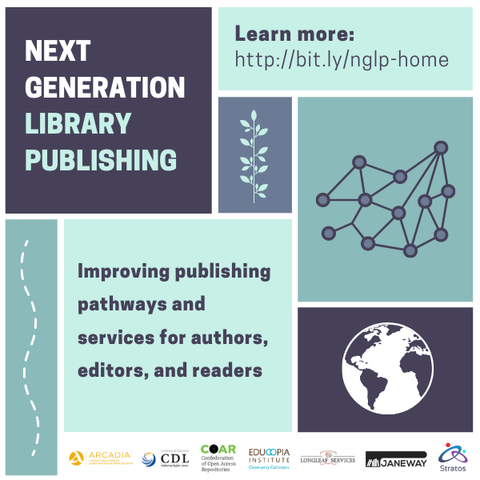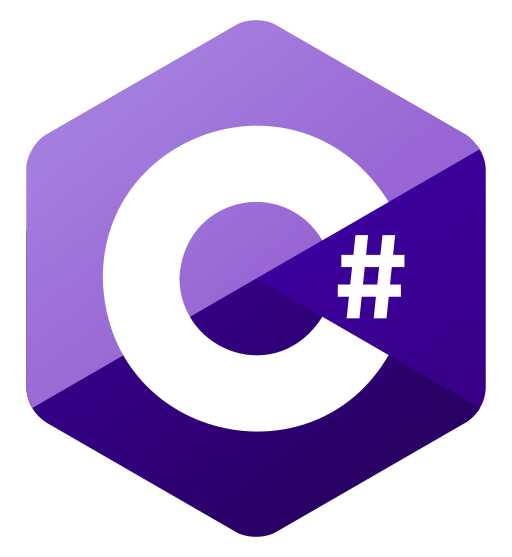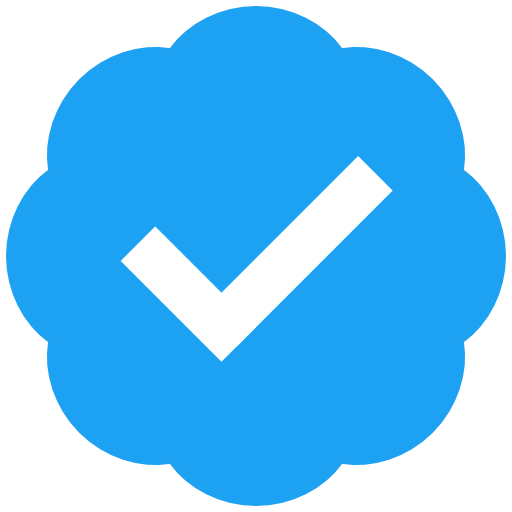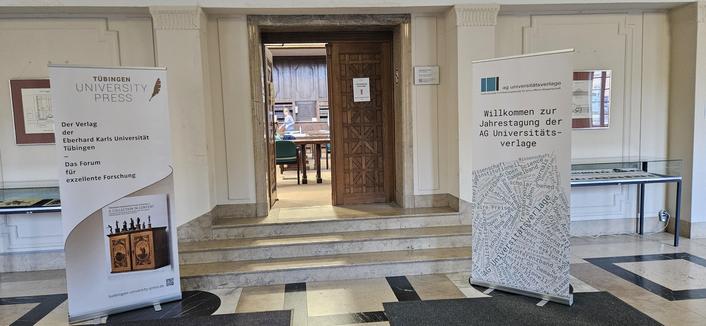The Institute of Museum and Library Services (#IMLS) just terminated the grant for the Next Generation Library Publishing (#NGLP) project.
https://educopia.org/blog/imls-terminates-next-generation-library-publishing-pilot-to-production-grant/
"The central aim for this grant project was to expand digital #infrastructure options for #LibraryPublishing programs that are #OpenSource, community-led, and grounded in academic values. The Big Ten Academic Alliance [#BTAA] remains engaged in supporting the continued exploration and development of #Meru — the open publishing platform emerging from the NGLP initiative."
#DefendResearch #Funding #Libraries #Trump #TrumpVResearch #USPol #USPolitics




